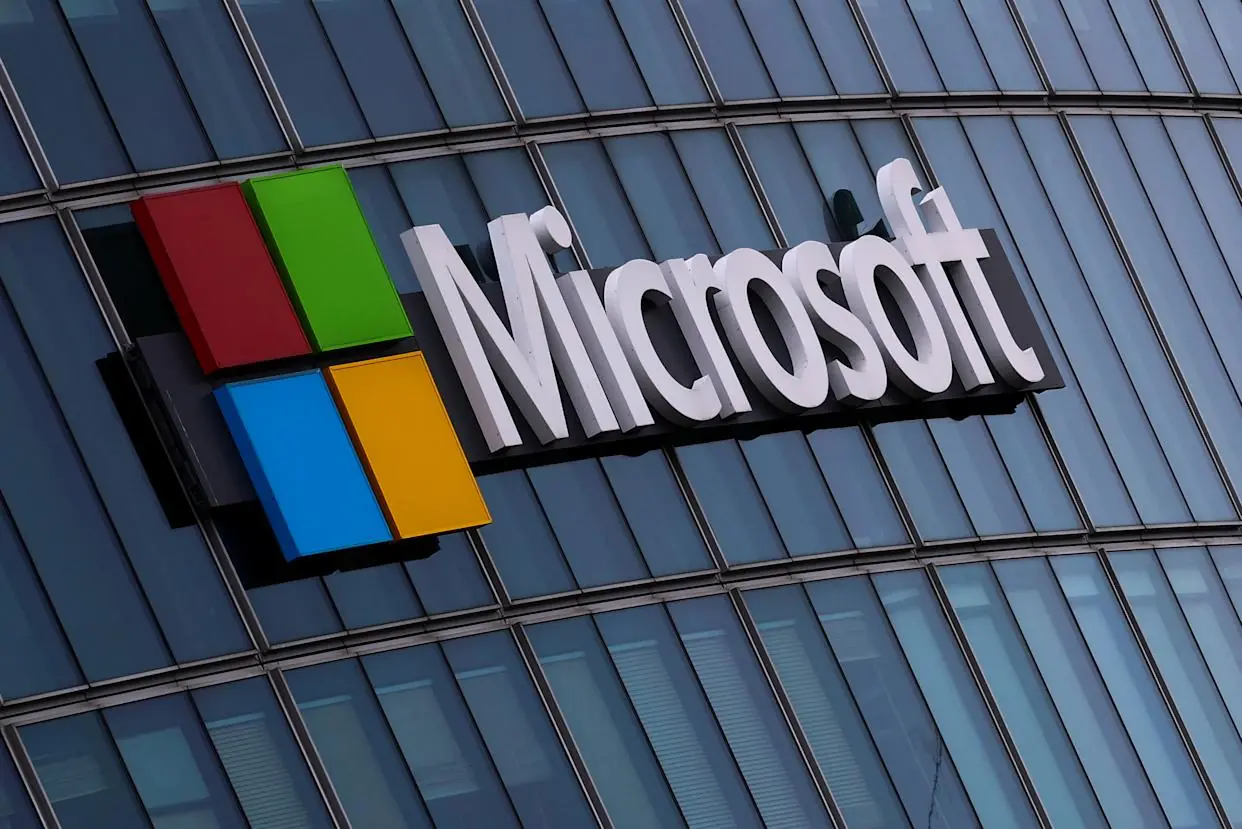Microsoft freezes billion-dollar data center project in Ohio

Microsoft has officially announced the suspension of an ambitious $1 billion project to build three data centers in Licking County, Ohio. Initial plans, unveiled in October 2024, called for high-tech complexes in New Albany, Heath and Hebron, with construction of the first facility set to begin as early as July 2025.
Global Context of the Solution
The decision was part of a major review of the corporation’s infrastructure projects. Earlier, the media reported on the cancellation of projects with a combined capacity of 2 GW in various regions of the world, including the US, Europe and Asia-Pacific. Notably, despite these changes, Microsoft continues to insist on fulfilling its $80 billion investment commitments for the current fiscal year.
The decision was part of a major review of the corporation’s infrastructure projects in various regions of the world, including the US, Europe and Asia-Pacific.

The Fate of Specific Sites
The most advanced project was in New Albany, for which local officials had already approved 15 years of tax incentives. The plan was to build a 22,800-square-foot data center on an 80-hectare site. Microsoft retains ownership of all three parcels of land, temporarily allowing them to be used for agriculture, and continues to work on upgrading road and utility infrastructure in those areas.
Microsoft has been maintaining ownership of all three parcels of land, temporarily allowing them to be used for agriculture, and continues to upgrade road and utility infrastructure in those areas.
Official Position and Analysis
Microsoft Cloud President Noelle Walsh emphasized in a statement that the company continues to invest heavily in infrastructure but has to be flexible in a rapidly changing market. «Demand for our cloud and AI services has exceeded expectations, requiring adjustments to some early projects»” she said.
Market analysts, including experts at TD Cowen, speculate that such decisions may indicate a temporary glut in the data center market. But Microsoft insists it is continuing to build capacity at a record pace, adapting its strategy to current business priorities and customer demands.








